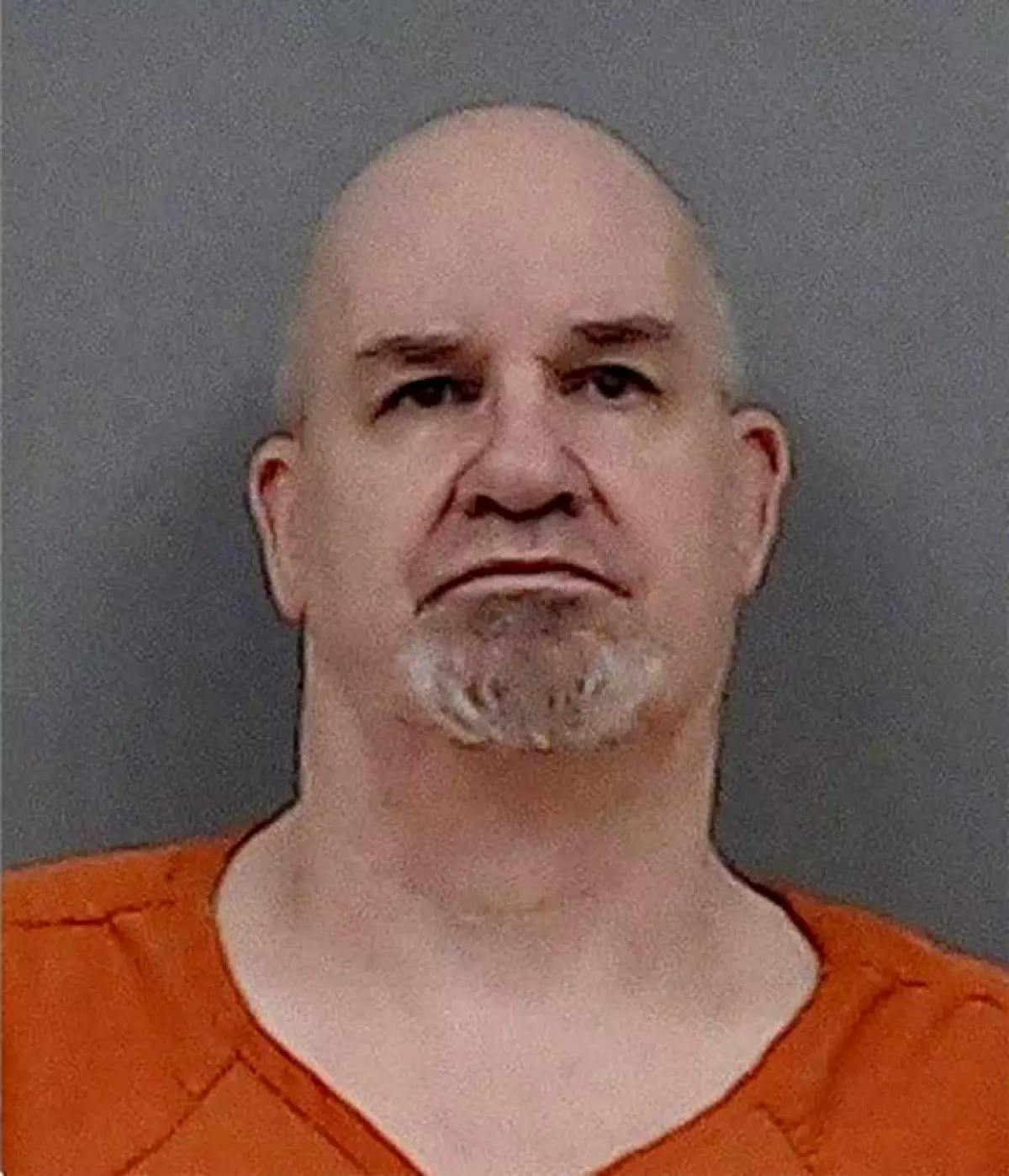In a case that seems like the plot of a movie, a man named William Woods spent nearly two years locked up — including a stint in a psychiatric hospital — when he insisted another man had stolen his identity.
Ultimately, a DNA test proved that a Wisconsin man had been pretending to be Woods for decades.
“Morning Edition” host Alex Crowe spoke with Brittny Mejia, a reporter at the Los Angeles Times who has reported on this case.
News with a little more humanity
WPR’s “Wisconsin Today” newsletter keeps you connected to the state you love without feeling overwhelmed. No paywall. No agenda. No corporate filter.
This interview has been edited for clarity.
Alex Crowe: Can you explain how William Woods ended up being charged with a crime when he reported his own identity as being stolen?
Brittny Mejia: This is probably one of the crazier cases I’ve ever worked on. This is a case of a man, his name is William Woods.
He was actually arrested by police here in Los Angeles and accused of stealing someone’s identity. When in fact, this other person had stolen his identity in 1988, when they worked together at a hot dog cart in Albuquerque, New Mexico.
So this guy who took over his identity, he got employment insurance, social security number, driver’s license, title, loans and credit using William Woods’ name. When in fact, the other guy’s real name was Matthew Keirans.
AC: Your piece was riveting. When William Woods tried to reclaim his identity, he wasn’t believed. He was actually forced to serve time for a crime that he did not commit. So why do police say that he wasn’t believed in the first place?
BM: That’s the part that was so interesting. One of the things I’ve tried to push in on this case is asking the LAPD how this all unfolded. But basically, William Woods went into a bank and tried to close some accounts in 2019. He told them that someone else had opened them in his name.
And the bank was suspicious and ended up calling the number on the bank account, which was Matthew Keirans’ number. He tells them, “No one one should have access to my account.”
The police also seemingly believe Matthew Keirans over William Woods. They speak with Keirans. He faxes them a copy of his fraudulent documents, social security card, Wisconsin driver’s license, Kentucky birth certificate. Then they turn around and arrest William Woods.
I think one of the sadder aspects of the case is William was in court telling people, “I am not Matthew Keirans, I’m William Woods.” And people thought he was just mentally unwell. His public defender even said she didn’t think he was competent to stand trial. So a judge ordered him to a psychiatric hospital.

AC: Can you explain how the information about William Woods’ life was transferred to Matthew Keirans?
BM: Back in 1988, he was working at this hot dog cart. He had been working there for years when Matthew Keirans started there in the same business. William had never really interacted with him.
Then William’s wallet went missing. And he suspected that Keirans may have taken the wallet, and they got into an altercation. William ended up getting his wallet back. He said he felt reassured because his social security card was still in there and birth certificate was still inside. So he didn’t think anything had happened. Fast forward, he comes to realize that from that point, it seemed Matthew Keirans had taken over his whole identity in his life.
AC: Matthew Keirans used this false identity for over 30 years. He got married, had a child under this fake name. Do we have any idea what led him to continue this? Was there something he was trying to leave behind in his past?
BM: In his plea agreement, Keirans told investigators that he’d run away from home at 16, traveled across the country, stole a car in San Francisco, been arrested in Oregon, but never appeared in court. But there was nothing in the plea agreement or listed in his criminal history that was so outrageous or alarming that you would think he’d need to run away from. And so that’s the aspect I think, that has really gripped people, is like, why do this? To what end?
AC: So where are both Woods and Keirans at this point in time?
BM: Keirans’ case is still in progress. But in William Woods’ case, an L.A. Superior Court Judge vacated his conviction in he pleaded no contest to. Basically the judge said he was more than happy to sign the order vacating the conviction, basically commenting on how crazy the case was.
I actually talked to William after and he was like, “I mean, I’m happy, but I knew I was innocent.” I think it’s been striking to see how this case has played out and will continue to play out.






